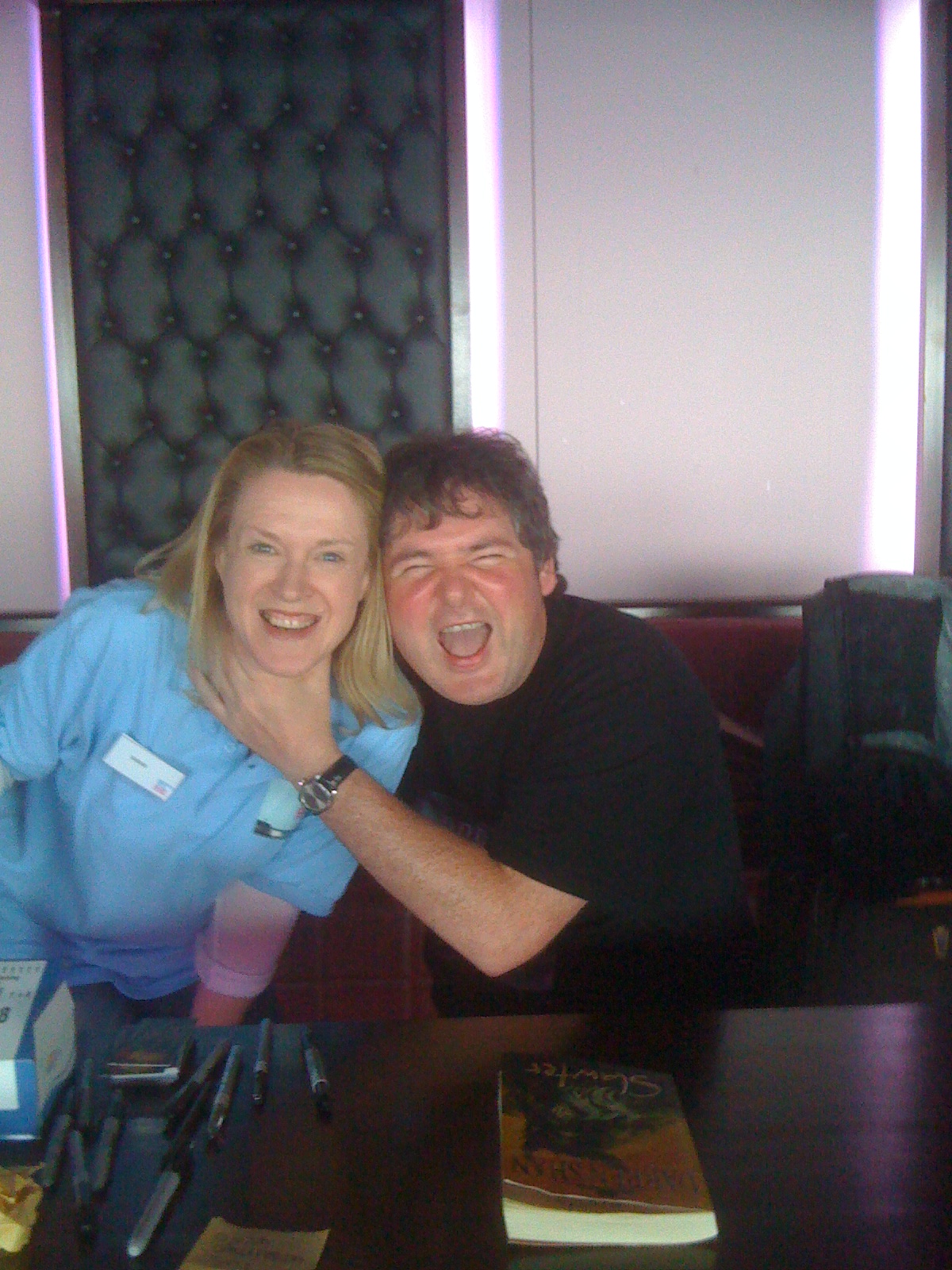I was at a very interesting day for professional writers recently - Mindset. It was programmed by Children's Books Ireland in association with the Irish Writers' Centre. I've already blogged about Mary Byrne's great talk about marketing yourself and your work (children's writers) and here are notes from another of the talks.
Linda Geraghty from the Riverbank Theatre and Arts Centre in Newbridge, Co Kildare (a wonderful venue that I've had the pleasure of working with in the past) told us how to approach venues with event ideas.
At Riverbank they have a theatre and also workshop spaces and a gallery space and they are always looking for great events to fill those spaces.
Here are some of her suggestions:
Illustrators - approach venues and offer to design their brochures or programmes - it's a great showcase for your work. You could also offer workshops for children - make them fun and original.
We like off the wall ideas - talk to the venues about your ideas, however whacky.
Schools - it's harder to get them into venues these days - think about how you could work with the venue to bring the event/talk/workshop out to the school. Links with libraries and schools are vital for venues.
Take out the mobile library on tour - a simple idea that sounds great fun.
Shortworks - there are theatres in Ireland who are very interested in new work for children:
Linenhall in Castlebar
Driocht in Blanchardstown
Riverbank
The Ark
Think about approaching these first - or maybe putting together a tour that covers several of these venues. This way the budget, expenses and pr are all stronger.
Target your proposal - what age is it for?
How to approach venues:
1/ Send in a strong proposal.
2/ Email and ring for feedback.
3/ Ask for work - venues have to programme.
4/ Consider the time of year - we tend to programme in 4 month blocks - Jan to April and so on. Spring and autumn are best for school events. Also the summer holidays and half terms for family events and workshops.
5/ Think about summer workshops - children have more time in the summer.
6/ Give the venue lots of time to consider and work with you on your proposal.
Think about events for special needs children - there is a demand for them.
Give the children something to take away - a bookmark, a recommended reading list.
Thank you, Linda for sharing your time and expertise with us.
Yours in books,
Sarah













